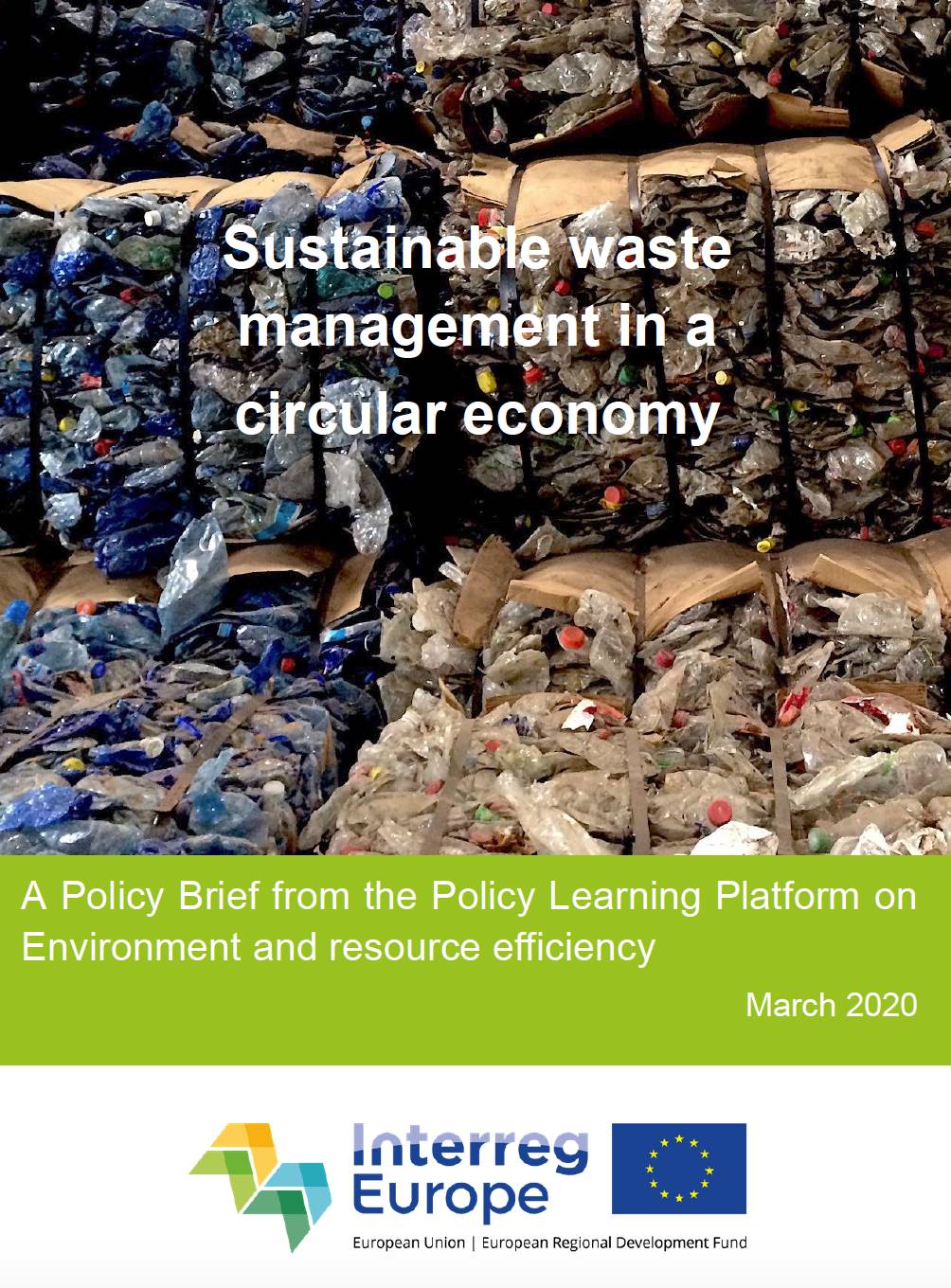
The shift from a linear to a circular economy is a major challenge that requires a much stronger commitment to sustainable management of waste and resources. In the first place, less waste needs to be generated through the development of sustainable products and the massive deployment of an infrastructure for reuse and repair. Secondly, it calls for investment in greater recycling capacities in particular for food waste, plastic and packaging waste that achieve only low recycling rates today or that have been exported for recycling to China in the past. Finally, incineration and landfilling have to be reduced to a minimum whilst at the same time tackling the legacy of European landfills to regain land and eco-systems.
A range of binding European targets for waste management in a circular economy have been newly set or increased recently, and many new and additional obligations are putting Member States and their regions and municipalities under pressure as compliance comes at the price of changing the status quo. Indeed, waste management business as usual with only gradual improvement will not be an option anymore; more radical, systemic transformations are necessary. Luckily, many policy instruments for reuse and repair, food waste reduction and recycling and landfill rehabilitation have been tried and tested and are readily available to inspire regions and cities that wish to address these challenges to keep resources in the loop and to create new local jobs. And the next generation of Regional Funds can help putting these new policies into place across Europe.


